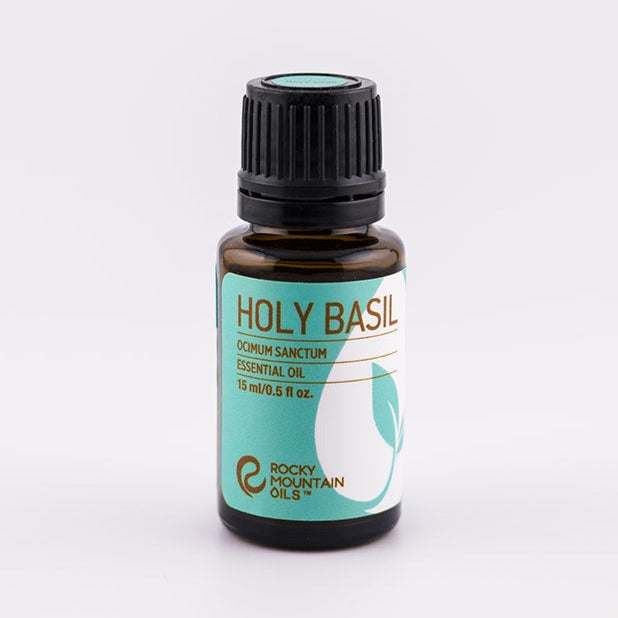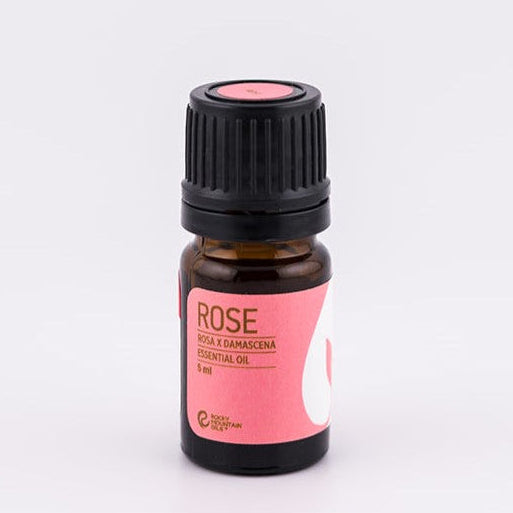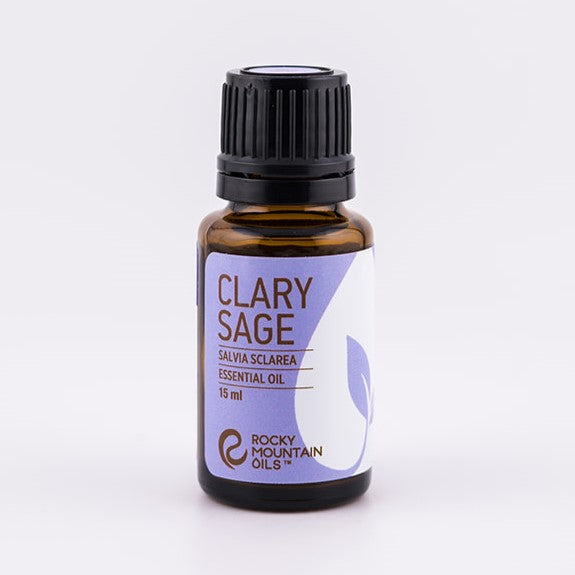Essential Oils for Seasonal Affective Disorder (SAD)
Winter is upon us, and that means sunlight hours are disappearing.
Those who suffer from Seasonal Affective Disorder (SAD) experience a type of depression that rears its head during the winter months.
As the sun disappears, it seems that our motivation and energy levels do as well. The winter blues are well-known and quite common. These last few months were filled with many holidays that can be emotionally draining, but combining that with a lack of sunlight, colder weather, and days spent only indoors makes it easy to understand why people might be a little lethargic and grumpy.
What is Seasonal Affective Disorder?
Seasonal Affective Disorder (SAD), also known as seasonal depression, is a form of clinical depression that comes and goes in a seasonal pattern. An estimated 5% of Americans experience SAD.
Most of those affected by seasonal depression live in northern climates and are affected from September to April, with the peak (worst) times occurring in December, January, and February. SAD can be triggered by reduced daylight hours; other factors such as cold temperature and weak daylight can worsen the symptoms. Those affected by SAD experience low mood, loss of interest, difficulty concentrating, and fatigue.
What Causes Seasonal Affective Disorder?
While it is intuitive that darker days may lead to darker moods, we still don’t fully understand the cause of Seasonal Affective Disorder. The majority of experts believe that SAD is a results from changes in the timing of the production of melatonin, the hormone that signals your body it is time to sleep. Other theories are:
- Low Levels of Serotonin
- Disturbed Circadian Rhythms
- Vitamin D Deficiency
What Can You do to Treat Seasonal Affective Disorder?
Depending on how severe your symptoms are, there are many things you can do to help yourself overcome the symptoms of SAD. If you are experiencing symptoms of Seasonal Affective Disorder, please first reach out to a trusted medical professional. The tricky part about SAD is that it can take several years/winters to diagnose your doctor formally. If you suffer from winter blues or SAD, you can try a few natural remedies.
Light Box — It is thought that the lack of sunlight hours is a trigger for SAD. Light therapy allows you to get exposure to bright, artificial light that imitates sunlight during the winter months. It is recommended that SAD patients use light therapy daily for 15- 30 minutes. Light therapy boxes are available without a prescription, but they can come with side effects, like headaches and UV exposure. It is recommended that you consult with a health provider before using one.
Exercise — Regular exercise has proven to help with traditional clinical depression; SAD is no different. Staying active increases serotonin, which can help ease depressive feelings and improve your mental clarity. Joining a fitness class or practicing yoga at home will help you deal with some of the symptoms of SAD.
Vitamin D — Known as the sunshine vitamin, Vitamin D has linked to clinical depression, and those affected by SAD often have low levels of the vitamin. Check in with your doctor to ensure your vitamin D levels are up to par. Most adults in the U.S have a Vitamin D deficiency. Adding a supplement to your daily diet could help you feel better while improving bone health and supporting your immune system.
Essential Oils for Seasonal Affective Disorder
If you or a loved one is experiencing symptoms of SAD, we recommend that you and foremost reach out to a trusted medical professional for help. Although many people find that essential oils help relieve symptoms of SAD, oils are not meant to replace medication or any other form of professional treatment.
1. Basil
Commonly known as sweet basil, this essential oil features an herbal, spicy, and licorice-like aroma. Basil helps reduce fatigue, clears the mind, enhances mental clarity, and improves concentration. Diffuse basil by itself or in conjunction with peppermint.
2. Lemon
With a bright and citrusy aroma, lemon essential oil is known to energize the body and mind while uplifting your mood. One study suggested that lemon essential oil possesses anxiolytic and antidepressant-like properties. Diffuse lemon during the winter months to liven up your home, or apply topically to reduce brain fog and uplift your spirits.
3. Rose
Often called the “queen of essential oils”, rose has a sweet and floral aroma. Rose essential oil brings feelings of comfort, dispels feelings of loneliness and grief, and promotes harmony and balance between the body and mind. Diffuse rose to uplift your spirits and bring emotional balance.
4. Clary Sage
Used medicinally for hundreds of years, clary sage essential oil is known to help ease feelings of anxiousness and stress and balance hormone levels. A 2010 study showed that clary sage essential oil had an anti-stress effect. Apply clary sage topically or dilute in a bath to promote relaxation, calm the mind, and elevate your mood.
It is normal to head into the winter months with a sense of gloom; however, the winter doesn’t need to take a toll on your mood and mental health. We hope that these natural tips help you overcome the winter blues and make the most of the season.





